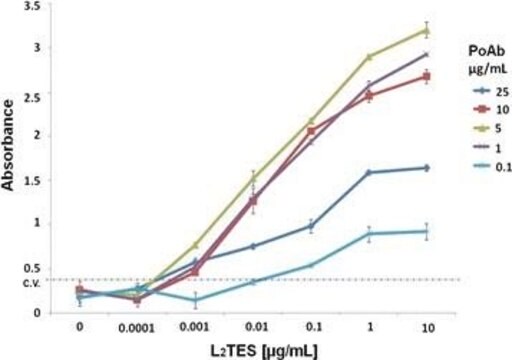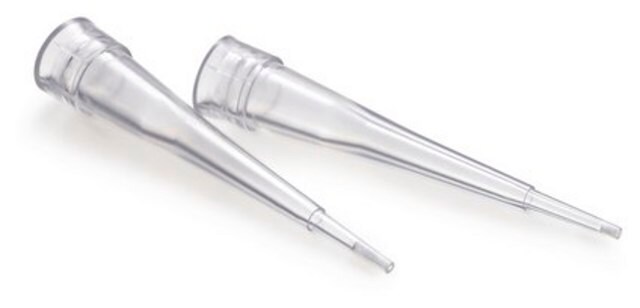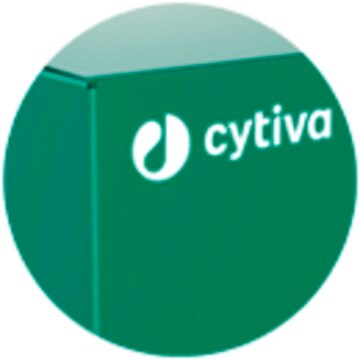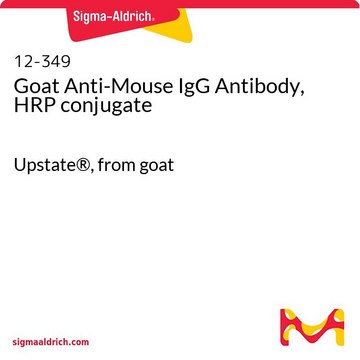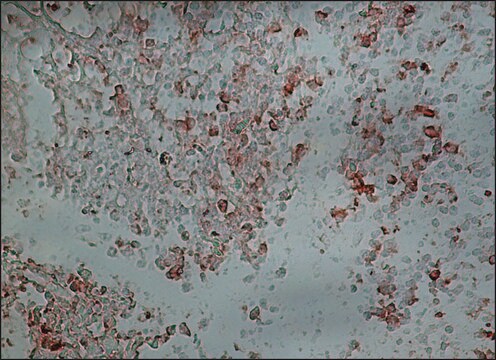A5906
Anti-Mouse IgG (whole molecule)–Peroxidase antibody produced in sheep
affinity isolated antibody, buffered aqueous solution
Synonyme(s) :
SAM
About This Item
Produits recommandés
Source biologique
sheep
Niveau de qualité
Conjugué
peroxidase conjugate
Forme d'anticorps
affinity isolated antibody
Type de produit anticorps
secondary antibodies
Clone
polyclonal
Forme
buffered aqueous solution
Technique(s)
direct ELISA: 1:10,000
Conditions d'expédition
dry ice
Température de stockage
−20°C
Modification post-traductionnelle de la cible
unmodified
Vous recherchez des produits similaires ? Visite Guide de comparaison des produits
Description générale
Horseradish Peroxidase (HRP) is an enzyme that catalyzes the conversion of chromogenic substrates such as o-phenylenediamine (OPD), 4-chloro-1-naphthol 3,3′,5,5′-tetramethylbenzidine (TMB), 3,3′-Diaminobenzidine (DAB) or 2,2′-azino-bis(3-ethylbenzothiazoline-6-sulphonic acid) (ABTS); chemiluminescent substrates such as CPS-3 (enhanced luminal) and fluorogenic substrates such as Ampliflu™ Red into detectable chromophores, light-emitters or fluorescers, respectively.
Immunogène
Application
Forme physique
Notes préparatoires
Informations légales
Clause de non-responsabilité
Vous ne trouvez pas le bon produit ?
Essayez notre Outil de sélection de produits.
Mention d'avertissement
Warning
Mentions de danger
Conseils de prudence
Classification des risques
Aquatic Chronic 2 - Eye Irrit. 2 - Skin Irrit. 2 - Skin Sens. 1
Code de la classe de stockage
12 - Non Combustible Liquids
Classe de danger pour l'eau (WGK)
WGK 3
Point d'éclair (°F)
Not applicable
Point d'éclair (°C)
Not applicable
Faites votre choix parmi les versions les plus récentes :
Déjà en possession de ce produit ?
Retrouvez la documentation relative aux produits que vous avez récemment achetés dans la Bibliothèque de documents.
Les clients ont également consulté
Notre équipe de scientifiques dispose d'une expérience dans tous les secteurs de la recherche, notamment en sciences de la vie, science des matériaux, synthèse chimique, chromatographie, analyse et dans de nombreux autres domaines..
Contacter notre Service technique






